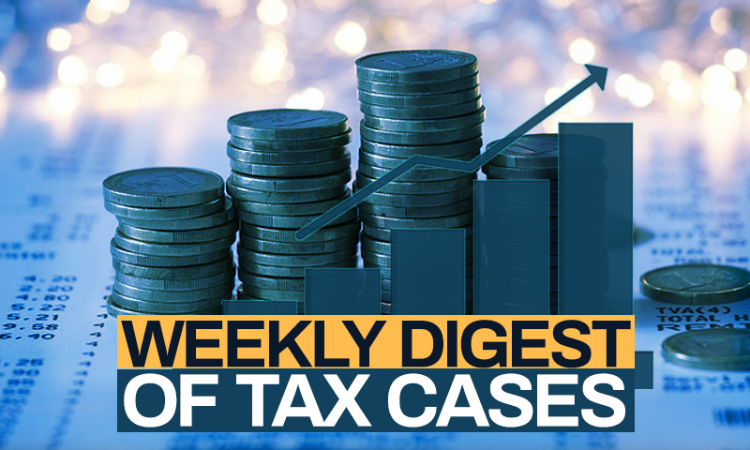Next Story
25 Nov 2024 6:25 PM IST
SUPREME COURT Mobile Towers & Pre-Fabricated Buildings Moveable Properties, Qualify As 'Capital Goods' For CENVAT Credit : Supreme Court Case title: M/S BHARTI AIRTEL LTD. v. THE COMMISSIONER OF CENTRAL EXCISE, PUNE Case no.: CIVIL APPEAL NOS. 10409-10410 OF 2014 The Supreme Court in a recent decision held that mobile service providers (MSPs) could avail the benefit of...

